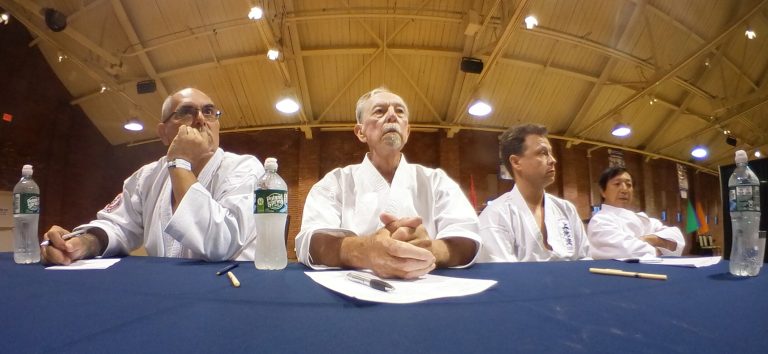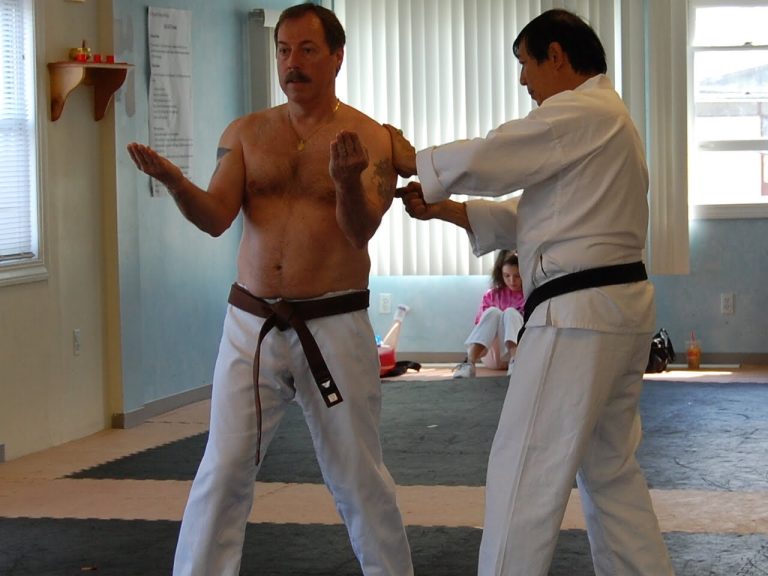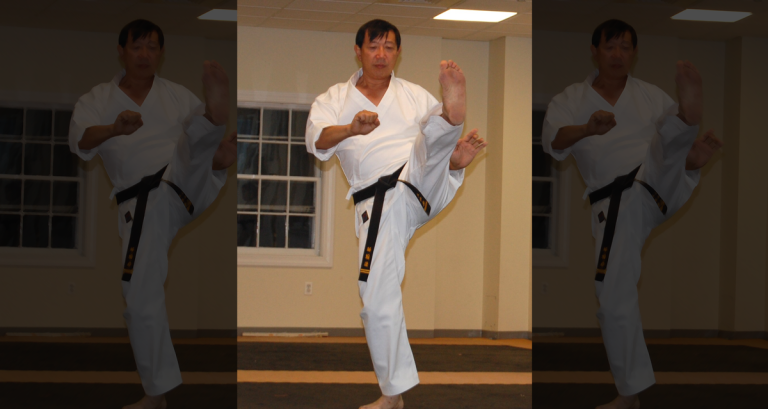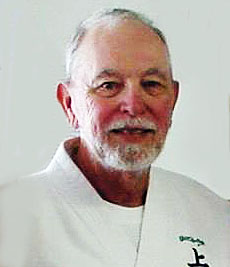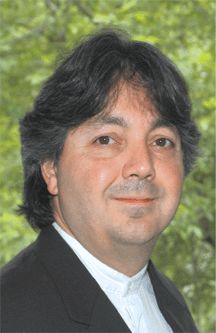Dear IUKF Practitioners,
I want to state that everyone has a “letter of the law” to follow. However, honorable people live by the “spirit of the law.” I understand some of the writings can be ambiguous, allowing those who’ll manipulate the system to find alternative translations.
Trying not to be too ostentatious, the IUKF will not accept anything less than “the spirit” in connection with Sensei Mattson’s writings.
I am defining the meaning of several phrases found in Sensei Mattson’s Black Belt Test Guild. Please be informed the IUKF will consider all factors in regards to our master rank promotions.
Found in the RANK REQUIREMENT SUMMARY CHART
Years in Grade:
This phrase does not mean simple chronological passing years. The spirit of this term means years of honest, continuous, consistent, dedicated workouts.
We advance in grade due to the maturity and continuous improvement of our art through training on the dojo floor.
The IUKF is now informing everyone, the phrase “years in grade” will be defined as “years in grade training.” All training must be verified by the “home dojo” and applications for advancements must be received from the Shihan of your dojo. If you do not have a home dojo, please contact me, and I will help offer you suggestions.
Minimum Years and Average Years:
Sensei Mattson’s suggested time in training is for Senseis to follow. This does not mean you can quit training and show up with the recommended time looking for a promotion. That is the primary reason the IUKF no longer accepts applications from ronans. All applications must come from an IUKF dojo in good standing.
The IUKF also suggests dojos and Shihans understand and consider why Sensei George Mattson published the “minimum time and average time.”
Students who come to class 3 to 5 times a week exhibit an exceptional desire to learn and excel in the art. For example, this student will accumulate over 150 workouts in 1 year or 750 workouts in the 5-year minimum time frame.
Students attending classes 2 times a week would be considered “average.” Calculating 50 weeks in a lunar year, 2 workouts a week would equate to 100 workouts credited to each year. If we multiply these 100 workouts a year, times 5 years, we would only total 500 workouts. Hardly seem fair or acceptable in comparison to 750 from exceptional students, does it?
The IUKF’s position on these minimum and average years will include suggested workouts. All relevant years must consist of 100 adequate workouts each year. For example, an average student at 2 times a week will accumulate 100 workout hours in 1 workout year. Therefore, the sensei should recommend this student for advancement with not only the suggested years but verify the workout hours.
Please note the IUKF will maintain respect for our honored ranking system and request all dojos to follow these guidelines as published in Sensei Mattson’s Black Belt Test Guild. Ranking should not be a self-serving right but an honor bestowed to you by your peers to recognize your effort and accomplishments.
Also, note there are financial advantages in honoring the IUKF guild lines along with presenting a more mature student.
Thank you for your understanding and respect for your art.
Darin Yee
President-IUKF




